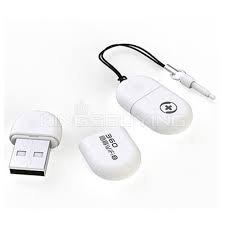A Chinese technology company Qihoo 360 has launched a WiFi router which has a “pregancy safe” mode and claims that it can be used to reduce radiation if you have pregnant women nearby.
Quite naturally, rival companies are claiming it to be just a marketing tactic.
So are wireless signals safe?
There is no conclusive evidence that WiFi signals are unsafe. However, it is also true that some people may think that those are unsafe. E.g. there are people who advise to keep mobile away from your heart and also away from your head while sleeping.
Qihoo 360’s wireless router has three settings: “wall penetration”, “balance,” appear to be usual ones, it’s the third setting that has created ripples.
The third setting on the wireless router is called “pregnancy mode” for pregnant women. As per the company’s claim, this ‘pregnancy mode’ reduces radiation emitted by the router by 70 percent. Its major competitor Xiaomi has claimed that Qihoo 360 is using scare tactics to sell its product. Xiaomi has assured buyers that there is no risk to pregnant women or their unborn babies from WiFi signals. Xiaomi’s release on Chinese social media portal says:
“The so-called pregnancy mode is just a marketing tactic. WiFi usage is safe, so please rest assured when using it.”
Qihoo 360 and Xiaomi are competitors in several product ranges including wireless routers and smartphones. Recently, Xiaomi had launched a new router offering 6 terabytes of storage and high-speed connections. Xiaomi’s router, like routers from other companies, does not have a “pregnancy” mode and the company is spooked that such marketing would put a question mark on WiFi routers by other companies and wireless technology in general.
As per WHO, there is no evidence to back it up, it is a fact that some people do try to avoid mobile / wireless signals.
Instead, if it was named as “reduced radiation”, could it have caused same level of attention? We don’t know. However, it is surely an interesting WiFi launch from Qihoo. Will other companies follow suit and launch their own versions of reduced radiation routers or focus more on customer education that it’s perfectly safe, remains to be seen.
